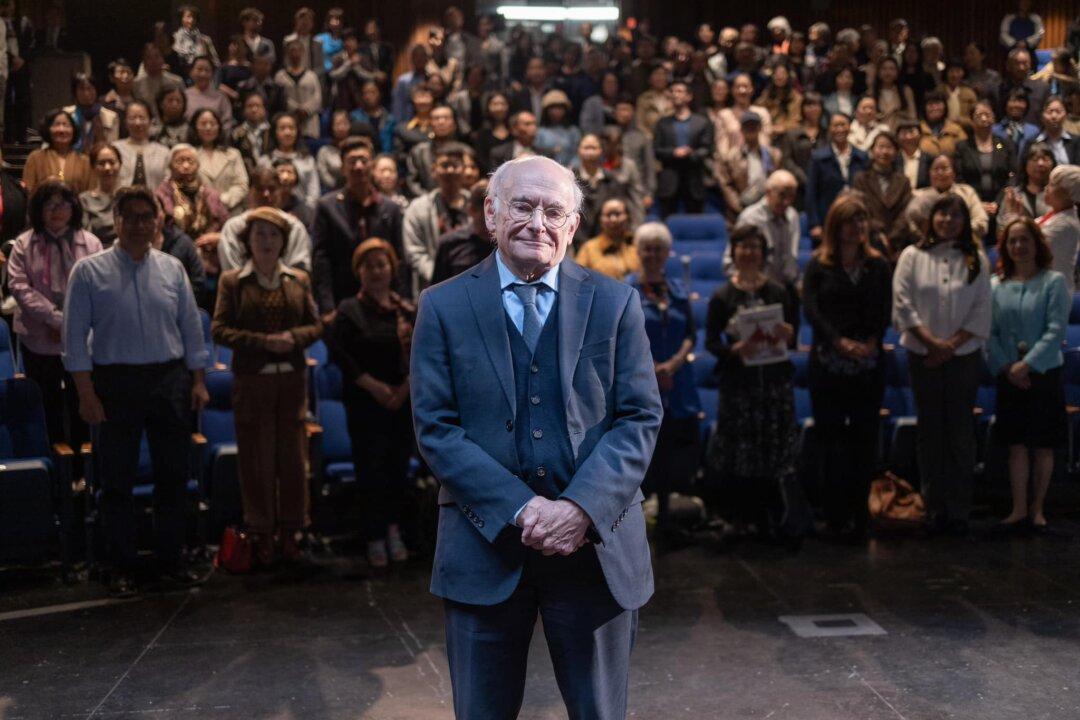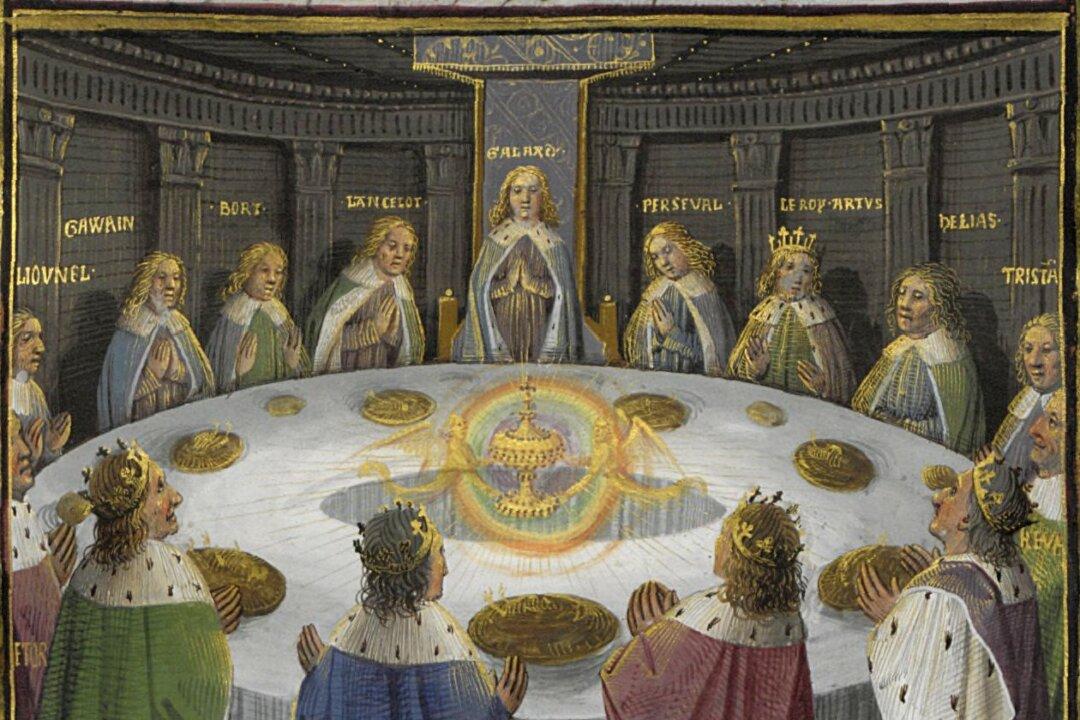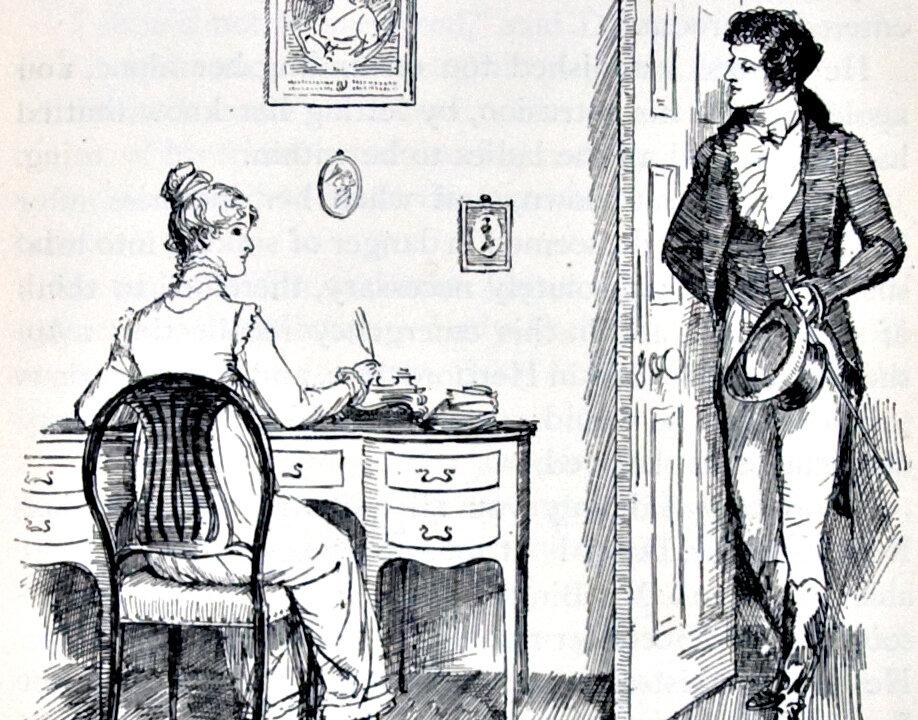From the time he was a young boy learning about the plight of Holocaust survivors on TV, David Matas has wanted to fight injustice. It was a wish he developed through decades of tireless human rights work, as evidenced in the powerful documentary “The Justice Hunter” (2023) by Canadian filmmaker Yolanda Papini-Pollock.
“I was captivated by his tireless pursuit of justice and his readiness to confront the darkest issues with honesty and courage. David’s journey became, for me, a beacon of hope and resilience in a world often reluctant to face uncomfortable truths,” said Papini-Pollock.





